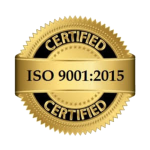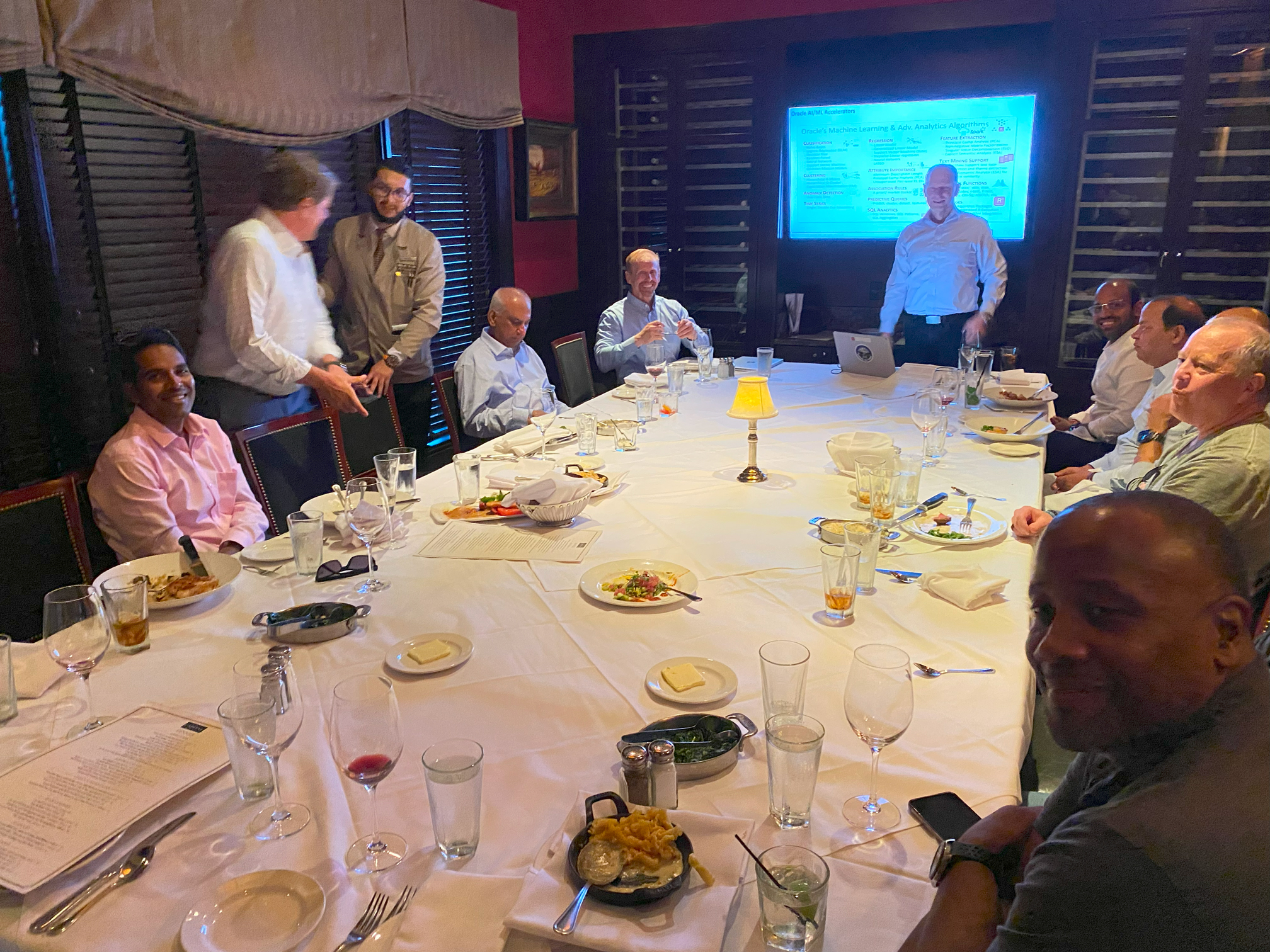Enterprises in the world today are undergoing the massive transformations with existing Enterprise Resource Planning (ERP) systems, either by transitioning to SaaS platforms or switching the ERP systems. But the data of retiring ERP systems has the great necessity for regulatory and compliance needs. Hence, Oracle Cloud Infrastructure (OCI) Data Retention Platform for Oracle E-Business Suite is rising its demand to standardize security and fulfil the crucial audit and compliance requirements.
Let’s see in detail how the data retention is possible on legacy Oracle EBS that support autonomous databases running on OCI!
Demand for SaaS and the Need to Optimize Legacy ERP Workloads
The dependencies for scalable, agile SaaS platforms increase, businesses are moving their core functions like ERP to the cloud. This shift to SaaS rains robust features and continual updates that creates a hood of greater operational efficiency and flexibility. Although, companies continue to run their legacy EBS data, systems, and functionality for the purposes of regulatory compliance, audit requirements, and historical data analysis.
All these reasons show that managing legacy Oracle ERP workloads are crucial. And the crux of hybrid strategy is in action – preserving essential on-prem functionality or migrating to Oracle Cloud Infrastructure (OCI) to streamline the transition without losing historical access. However, such methods traditionally bring the hefty hardware and management burdens, often requiring extensive managed services just to keep the legacy EBS operational in read-only mode.
Traditional Approaches to Managing Legacy Oracle EBS Systems
Historically, maintaining legacy Oracle ERP systems post-SaaS transition involved significant investments in hardware and infrastructure. This approach kept the ERP functional, but typically restricted database access to read-only mode, enabling basic reporting without heavy reliance on active managed services. Companies needed to carefully manage and optimize hardware resources, balancing between preserving essential functionality and limiting operational costs.
While maintaining legacy ERP data on-premises can work, it’s a temporary solution at best, as it offers limited flexibility and high ongoing costs. As the cutover to SaaS concludes, companies are looking for streamlined approaches that don’t require such heavy infrastructure investment or burdensome managed services. This is where a revolutionary shift to Oracle Autonomous Database Data Warehouse and Oracle APEX within OCI comes into play.
Leveraging Oracle Autonomous Database and APEX for Legacy EBS Data on OCI
A game-changing approach has emerged: migrating legacy EBS data to Oracle Autonomous Database Data Warehouse on OCI, combined with Oracle’s low-code/no-code APEX platform. This strategy not only lifts the hardware and managed services burden but also enables end-to-end security, simplified management, and seamless access to critical ERP functions.
Key Features of Solution Offering
The Oracle Autonomous Data Warehouse, with its high-performance data management capabilities, can effectively house legacy ERP data. Meanwhile, APEX, Oracle’s low-code development environment, allows businesses to create applications that maintain core ERP functions. This setup supports essential features, including:
- Low maintenance: The serverless technology of Oracle Autonomous Database comes into play as the target database to retain EBS data and meet the cutting-edge expectations such as automated backups, automated patching, automatic upgrades, and autotuning without human intervention.
- Low costs: Customers have the flexibility for resource usage optimization by leveraging the on-demand capability of autonomous databases – enabling them to start and stop the database whenever needed to manage and reduce costs and generate reports for auditing purposes.
- No license or support fees: There’s no need to pay existing yearly license and support fees for the retiring EBS database and application for customers. The licensing and support model stand afar as they move to an Autonomous Data Warehouse Serverless subscription model for which they pay only for CPUs and consumed storage.
- Compliance needs through the EBS reports interface: A preconfigured, fully managed, secure Oracle APEX EBS report helps meet compliance and regulatory needs.
- Secure user access: Secure APEX user login for accessing EBS reports is accomplished through SSO using the built-in IAM capabilities within OCI and allowing users with role-based access to the required APEX-EBS modules.
- Open data framework: Customers can import and export application data with the help of standard interface capabilities and data extraction tools. They can configure these tools to derive organization-demand information in various formats – XML, CSV, PDF, or Excel.
Combining SaaS with Autonomous EBS Capabilities
The shift to SaaS ERP systems represents the future of business operations, allowing companies to leverage innovative features and scalability. Yet, by migrating legacy EBS data to Oracle Autonomous Database with APEX on OCI, organizations retain the ability to access, manage, and report on essential legacy ERP functions—all without the need for cumbersome infrastructure or costly managed services.
This INFOLOB’s hybrid approach to legacy and modern ERP allows companies to embrace SaaS while ensuring their historical data is accessible, secure, and compliant. The solution is both visionary and practical, offering a streamlined pathway to the future of enterprise resource management.
Let’s step into the world of SaaS, confidently leaving behind the legacy system burdens, thanks to the transformative capabilities of Oracle Autonomous Data Warehouse and APEX on OCI.
For all queries, please write to:





